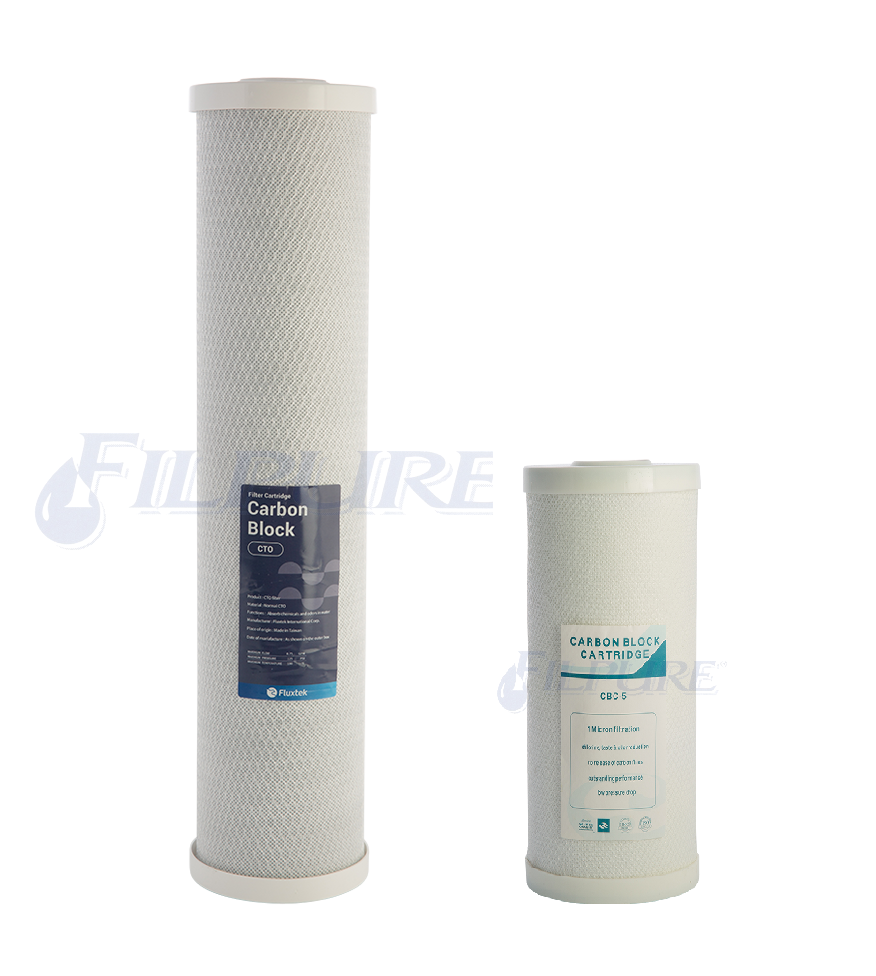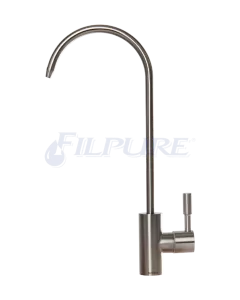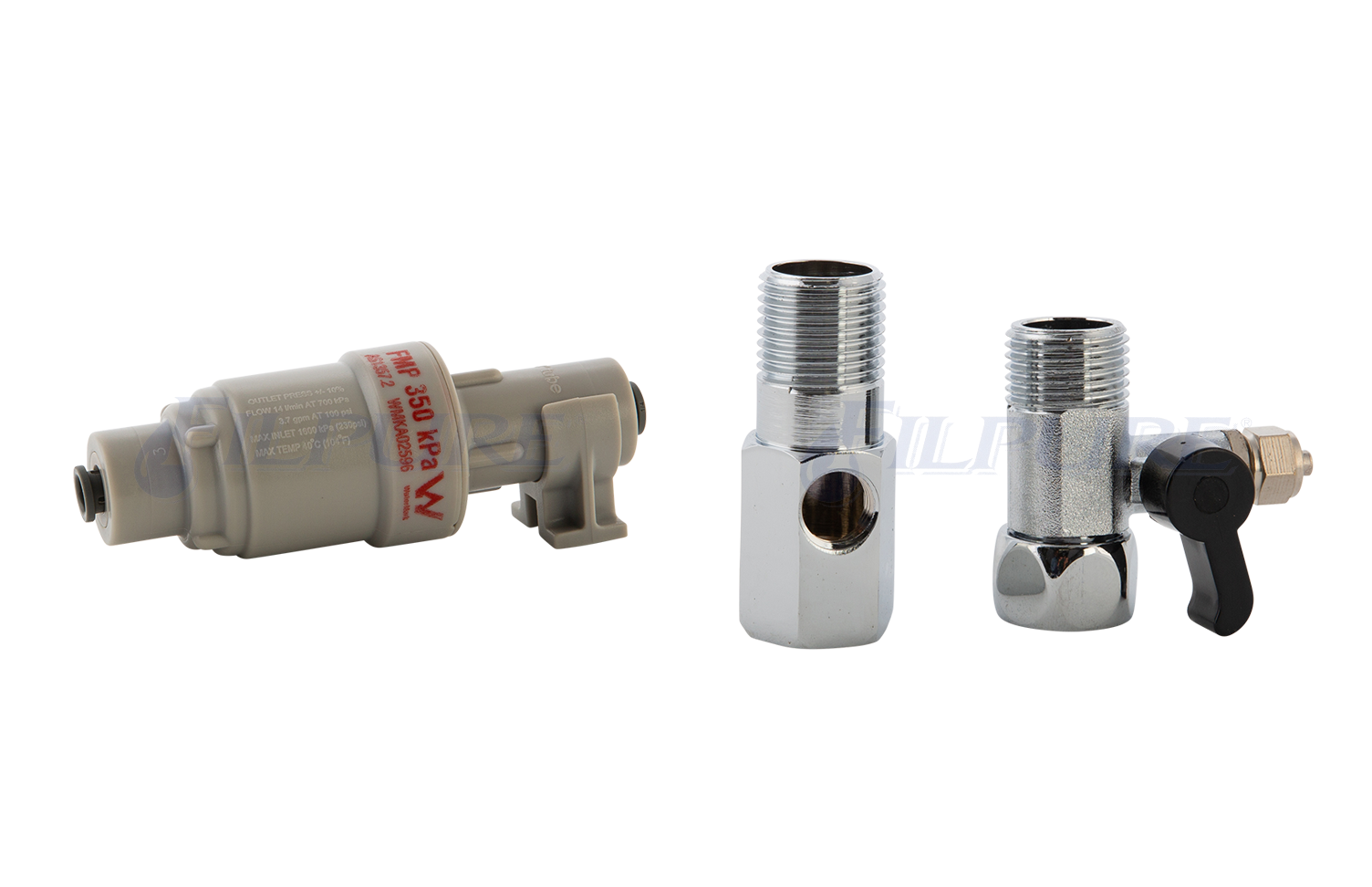Can Water Filters Reduce Gastrointestinal Issues?
If you’ve ever had an upset stomach after drinking tap water, you’re not alone. Many people assume their drinking water is safe just because it’s treated—but that doesn’t always mean it’s good for your digestive system. What most of us don’t realize is that even “clean” tap water can carry tiny traces of contaminants that quietly disrupt our gut health over time.
Hidden Contaminants in Everyday Water
Let’s face it: tap water often travels through old pipes and large treatment systems before it ever reaches your glass. Along the way, it may collect traces of chlorine, rust, sediment, bacteria, and even pesticides or microplastics. These might not cause immediate problems, but over time, they can lead to stomach irritation, bloating, or other digestive issues—especially if you have a sensitive gut.
One of the most common culprits is chlorine. It’s added to disinfect the water, but it can also throw off the balance of beneficial bacteria in your digestive tract. When your gut flora is disrupted, you may experience discomfort, irregular bowel movements, or increased sensitivity to certain foods.
The Role of Water Filters in Gut Health
This is where water filtration comes in as more than just a convenience—it becomes part of your wellness routine. A well-chosen water filter helps remove these irritating substances before they make their way into your body. For example, carbon filters can reduce chlorine and chemical tastes. More advanced systems like reverse osmosis go even further by removing bacteria, heavy metals, and nitrates that can directly affect your gut.

If you or your children often suffer from unexplained stomach issues, switching to filtered water may ease symptoms without needing dietary changes or medication.
Real-World Results
Health experts and studies have shown a strong link between water quality and digestive well-being. The World Health Organization has noted that waterborne contaminants are responsible for a significant number of gastrointestinal infections globally. And during periods of heavy rain or pipe damage, local water supplies—even in developed cities—can become contaminated, often without warning.
In homes where proper filtration is used, many people report fewer digestive upsets, especially in children or those with conditions like IBS. From personal experience, families who install a reliable system like the ones offered by Filpure often notice their water tastes better—and they feel better too.
Should You Make the Switch?
You don’t have to wait for a water warning or health scare to rethink what’s in your glass. If your water has a strange smell or taste, if your pipes are old, or if you just want to take better care of your digestive health, investing in a water filter can be a small change with big returns.
Filtered water doesn’t just support your gut—it also means fewer chemicals in your body, better hydration, and more peace of mind every time you fill a glass.















